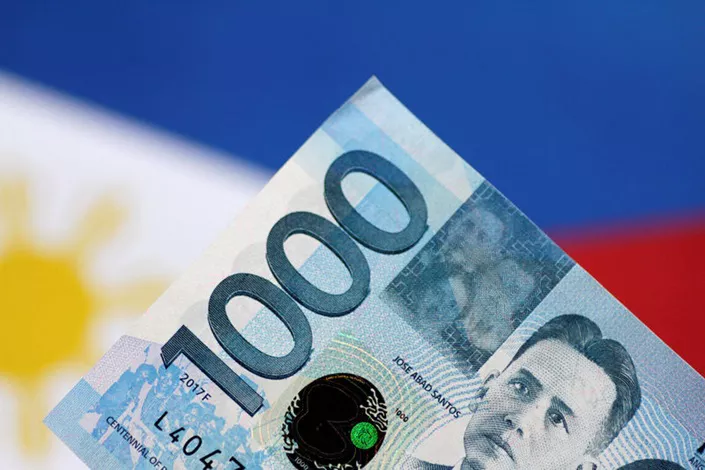Asian currencies saw a slight rise on Tuesday after the U.S. and China agreed to temporarily reduce their trade tariffs. Investors worldwide also awaited important U.S. inflation data set to be released later in the day.
The U.S. Dollar Index, which tracks the U.S. dollar against other major currencies, dropped 0.2% in Asian trading after significant gains the previous day.
U.S.-China Trade Deal Boosts Currency Markets
The U.S. and China made a joint announcement on Monday that they would temporarily lower tariffs on each other’s goods. The U.S. will reduce its tariff on Chinese imports from 145% to 30%, while China will cut its tariff on U.S. products from 125% to 10%. These changes will last for 90 days.
The decision followed trade talks held in Switzerland over the weekend. Analysts from ING called this move a “larger-than-expected de-escalation,” but noted that the negotiation process would remain difficult.
Following the announcement, the U.S. dollar surged on Monday but weakened during Asian trading hours on Tuesday, easing pressure on regional currencies.
Currency Movements
The Japanese yen saw a 0.4% drop against the U.S. dollar. Both the offshore and onshore Chinese yuan fell by 0.2%. The Singapore dollar also lost 0.2% against the greenback, while the Philippine peso weakened by 0.4%. The Australian dollar, however, gained 0.2%, supported by a Westpac survey showing a slight rebound in Australian consumer sentiment in May.
The South Korean won was an exception, strengthening by 0.3%.
U.S. Inflation Data and Geopolitical Concerns
Investors are also focusing on the upcoming U.S. consumer price index (CPI) data for April, which will provide insight into the impact of President Trump’s trade policies.
Meanwhile, tensions between India and Pakistan remained in focus. The Indian rupee fell 0.2%, following a sharp drop the day before, after an agreement between the two countries to observe a ceasefire. Indian Prime Minister Narendra Modi warned Pakistan that India would take action against “terrorist hideouts” if provoked, dismissing Pakistan’s “nuclear blackmail.”
The ceasefire deal was brokered by U.S. President Trump after the worst fighting between the two countries in decades.
Related topics:


